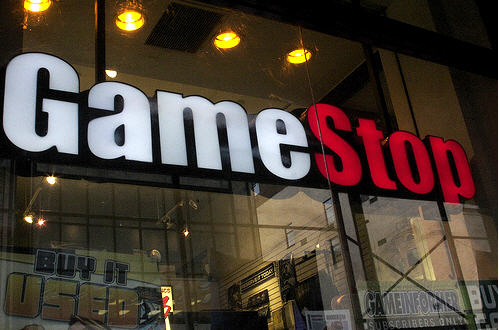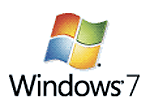 Remember when Technologizer wildly guessed that the next generation of game consoles would arrive in 2010 and 2011? Michael Pachter, the Wedbush Morgan analyst who routinely makes headlines with his predictions, begs to differ.
Remember when Technologizer wildly guessed that the next generation of game consoles would arrive in 2010 and 2011? Michael Pachter, the Wedbush Morgan analyst who routinely makes headlines with his predictions, begs to differ.
His latest newsletter, via Edge, states that the next console cycle won’t begin “before 2013, if at all.” That’s right, Morgan even leaves room for the possibility of an indefinite current-generation.
“We remain convinced that the publishers will resist the introduction of any video game hardware technology that requires a refresh of software, as the publishers have as yet to capitalize on the immense investments made in being competitive in the current cycle,” Pachter writes.
The flaw in this logic is that it’s not a new concept. As a rule, console makers love to cash in on their investments, letting software revenues roll in while hardware costs decline, and yet new consoles have been popping up on a five-year cycle ever since the 8-bit era.
There is, however, a wild card this time, and I’m surprised Pachter doesn’t mention it: Motion control. Nintendo tapped into previously uninterested markets with the Wii, and there’s no shortage of speculation that Sony and Microsoft are looking to get in on that. Rumors regarding a Playstation 3 motion controller have popped up as recently as today, and we’ve previously covered one possibility for the Xbox 360.
It all boils down to whether Sony and Microsoft get into motion control (or some other game-changing concept) in this generation or save it for the next cycle. I won’t predict whether that’s going to happen, but if it does — and if it’s successful — then yes, the next generation is a long way off. Otherwise, I’m sticking with my earlier predictions.
Am I waffling? Sure, but that’s why Pachter gets the big bucks.

 I was one of the few tech journalists who
I was one of the few tech journalists who  A happy May to you!
A happy May to you! It’s easy to imagine video games without discs or cartridges, but this downloadable future could spell disaster for GameStop. In a recent SEC filing, the world’s largest game retailer acknowledged that it sees the writing on the wall:
It’s easy to imagine video games without discs or cartridges, but this downloadable future could spell disaster for GameStop. In a recent SEC filing, the world’s largest game retailer acknowledged that it sees the writing on the wall: When Microsoft
When Microsoft  Hulu was already by far the most ambitious and interesting purveyor of free video from traditional sources on the Web. Today, it’s taking a great big step towards solidifying its lead: The Walt Disney Company is
Hulu was already by far the most ambitious and interesting purveyor of free video from traditional sources on the Web. Today, it’s taking a great big step towards solidifying its lead: The Walt Disney Company is